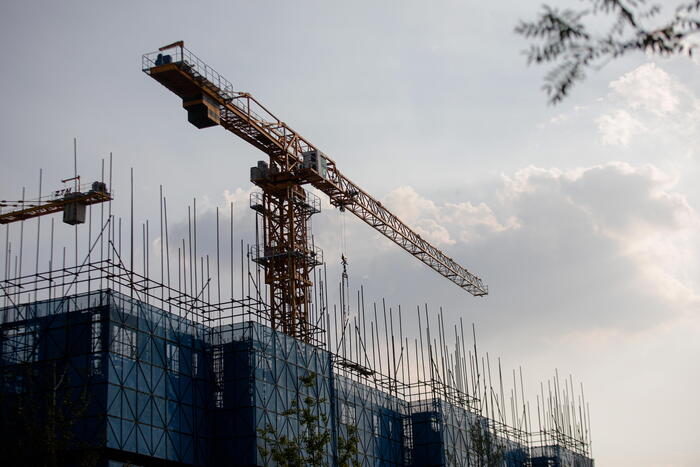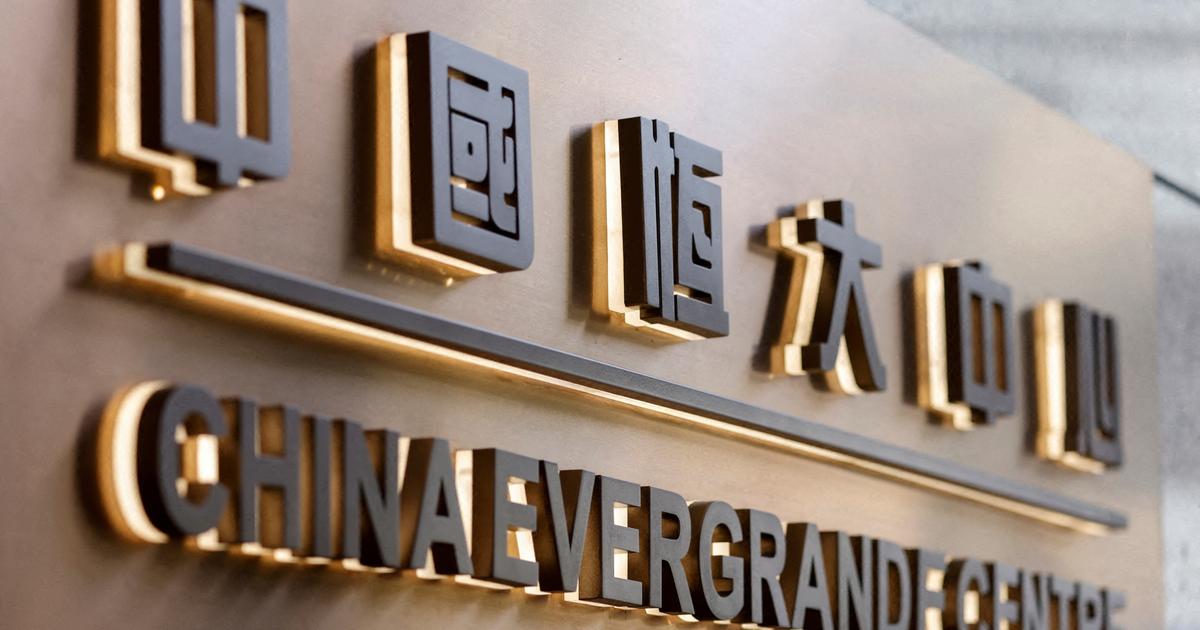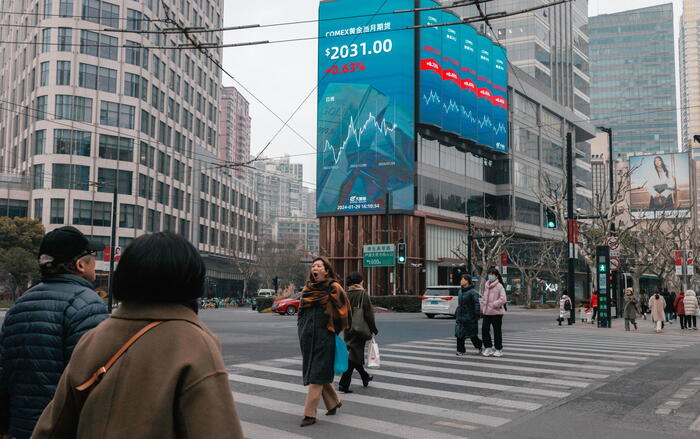Last Saturday (October 23), the Standing Committee of the National People's Congress passed the "Decision on Authorizing the State Council to Launch Real Estate Tax Reform Pilot Work in Certain Regions", proposing to select certain regions as pilot projects for "actively and steadily advancing real estate tax legislation and reform" , To levy taxes on land-use rights holders and homeowners of real estate on non-rural homesteads, in order to "guide reasonable housing consumption and economical and intensive use of land resources, and promote the steady and healthy development of the real estate market."
In the "14th Five-Year Plan" at the beginning of this year, the promotion of real estate tax legislation was a measure to "establish a modern fiscal, taxation and financial system" and "improve a modern tax system."
However, the official magazine "Qi Shi" published a speech entitled "Solidly Promoting Common Prosperity" at the tenth meeting of the Central Committee of Finance and Economics in August this year by President Xi Jinping two weeks ago, and listed the promotion of real estate tax legislation and reform pilots as One of the tasks of "strengthening the regulation and adjustment of high income".
Mainland China will levy real estate tax (Visual China)
Pilot reform aimed at speculation
In fact, the country’s pilot reform of real estate tax has been going on for a long time. For example, since 2011, Shanghai has levied a 30% discount on the market transaction price for new houses purchased by local households and non-local households. For real estate tax, Chongqing progressively levies 0.5% to 1.2% of the market transaction price on newly purchased commercial villas, high-end commercial housing, and new houses purchased by foreign residents. The targets are obviously relatively more invested. Or speculative housing demand.
Some media quoted sources as saying that Guangdong, Hainan, and Zhejiang may also be included in the reform pilots this time, and they all happen to be places where the property market is booming and housing prices have surged in recent years.
The National Bureau of Statistics released the latest changes in the sales price of commercial housing in 70 large and medium-sized cities last month. The sales price indices of second-hand housing in Guangzhou, Haikou, Ningbo, and Shenzhen based on the 2020 fixed base were as high as 112.2, 108.8, 108.4, and 107.4, respectively. It is not difficult to estimate that the second round of reforms will also focus on suppressing speculation.
Help open up local financial sources
Another point to note is that the "Decision" emphasizes that "the people's government of the pilot area shall formulate specific implementation rules." This should be understood as the future real estate tax pilot will remain a local tax.
In recent years, after the completion of the business tax reform and the value-added tax reform, local financial resources have been reduced, and the income from land sales also showed a negative growth trend in the previous quarter. Therefore, the introduction of a real estate tax on a larger scale can objectively supplement the source of local government revenue and reduce the cost of land sales. Dependence.
The mainland's plan to promote real estate tax is undoubtedly a warning to the SAR government, because the income from land sales has indeed accounted for a large proportion of Hong Kong's treasury in recent years. .
Under the environment of shortage of land supply in Hong Kong, this kind of public finance method of relying too much on land sales may not be sustainable. In the long run, other sources of income must be opened up. Real estate tax is an option worth considering.
Hong Kong is one of the internationally recognized financial centers. However, citizens still have to face real problems such as "high rents", "high property prices", and "crowded living environment".
(Profile picture)
Financial Secretary Chen Maobo's latest blog talks about promoting the balanced development of the economic structure, but isn't it also unbalanced to focus on the property market?
At present, the authorities have assessed that the standards of rates and rent values are too loose. The suppression of speculative properties is mainly reflected in stamp duty increase or mortgage restrictions. Related programs such as "first-hand building vacancy tax" have nothing to do with it, but whether it is from protecting people's livelihood or increasing inventory From the perspective of this, the Hong Kong government should start tax reform and study the collection of different types of real estate taxes as soon as possible.
Abandoning the "first-hand property vacancy tax" is a lack of courage to achieve the lowest corporate tax through a small step towards economic fairness. The first low tax is not subdivided, or it violates the original intention of helping home buyers?




/cloudfront-eu-central-1.images.arcpublishing.com/prisa/3I74UEXLYRBBRPGPSGWNN6WXH4.jpg)


